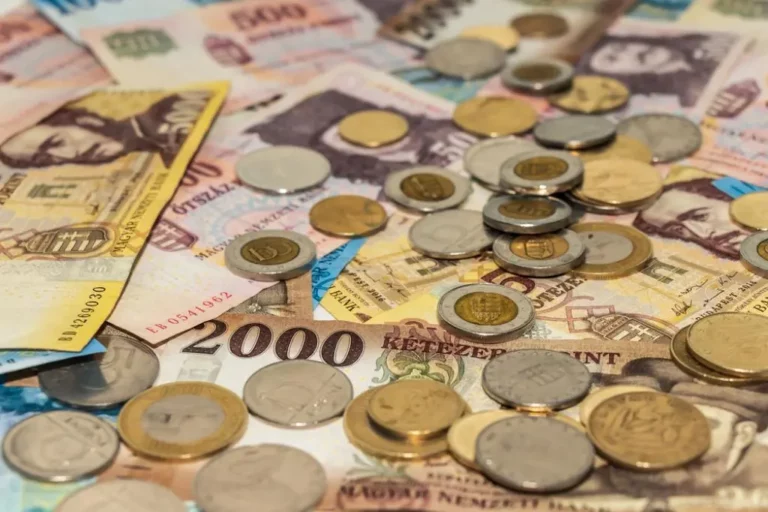Hungarian economy
Euro Hungarian forint exchange rate and key currency summary – 9 September 2025

Govt-close Hungarian 4iG takes control of automotive company, teams up with Czech defence giant

Hungary backs off 13% minimum wage hike, eyes more modest increase

While Hungary pushes for peace, we buy more oil from Russia than ever

Good news: Number of foreign visitors up in Hungary

Major American brands such as Wendy’s and Olive Garden eye expansion into Hungary

Minimum wage in Hungary remains among the lowest in the EU

Orbán government on the tariff deal: the USA ate the EU for breakfast

A uniquely shaped 3,000-forint coin intrigues collectors

Hungary employs cruel and anti-family policy against guest workers

Guest workers flood Hungary’s service sector

Painful tax increases coming in Hungary: petrol, cigarettes and more to cost extra

Experts predict rising real estate prices in Hungary amid mortgage changes, government disagrees

Chinese BYD continues expansion in Hungary

Inflation, the forint, and your wallet: Hungary’s latest central bank move

97-year-old Hungarian fertiliser plant on the brink of collapse due to lack of one official document

Hungarian 4iG Space and Defence signs MoU with one of the world’s leading satellite operators

Revolut plans major expansion in Hungary as growth surges





 ZH
ZH IT
IT DE
DE HR
HR NL
NL FR
FR JA
JA RO
RO RU
RU ES
ES TR
TR
